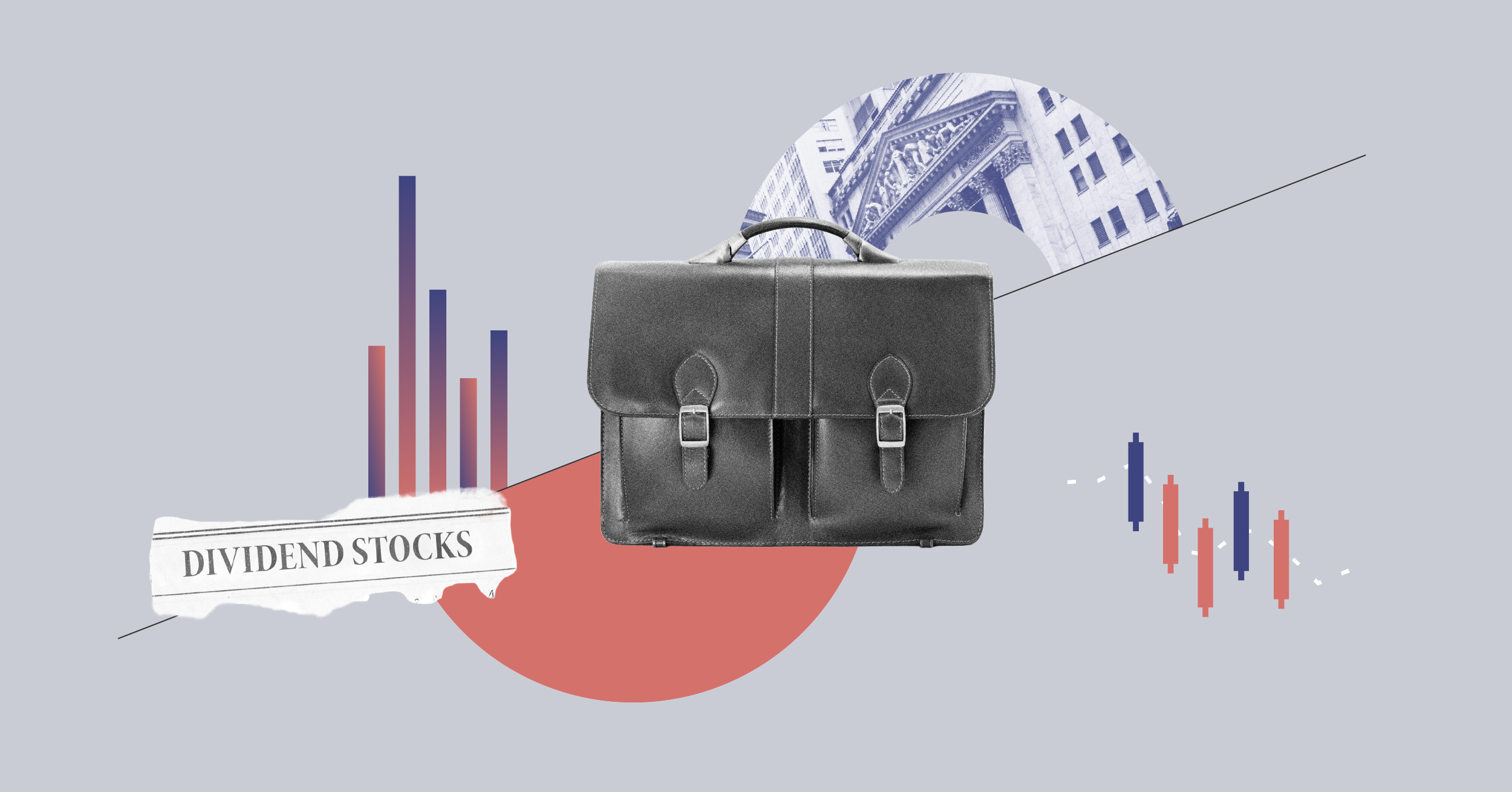
Stepping down from the main board on the London Stock Exchange to AIM tends to put off investors. At the very least, investment and unit trusts with a mandate to buy shares only in quoted companies will be forced to sell any holdings they may have; all too often it is a warning that all is not well financially.
Should Investors Avoid AIM?
Such companies can, however, be an interesting play for those investors who don’t mind taking a bit of risk and are patient enough to hold on in the hope of a spectacular turnaround in due course. For a company, an AIM quotation is substantially cheaper than a full listing and the financial respite can offer the opportunity for bouncing back.
Such a possibility is Renold (RNO), an international supplier of industrial chains and power transmission products, which moves down to AIM next week after mulling over the possibility, then gaining shareholders’ approval, over the past six months.
In the year to March 31, Renold reported organic growth of 6.1%, leading to a 15.5% rise in underlying operating profit to its highest level for 15 years. At its financial year end, the order book stood 8% higher than at the start.
Bank loans have been extended to March 2024 after a year of heavy investment in relocating the Chinese factory, which is now complete although it will take time to ramp up production to desired levels. That should remove the problems caused by the old factory. In the couplings division, a long term contract will give a boost to revenue and margins.
Overall, market conditions have been fine, with order levels edging higher. Although exceptionally strong growth in the US two years ago has stabilised at more sustainable levels, revenue growth in China and India continues to outpace the performance in more established markets.
On the downside, progress with the strategic plan has been slower than hoped (it usually is with strategic plans) and costs have risen faster than expected, particularly wages in Germany.
I would hope to see debt reduced from this point onwards, although that may not happen as chief executive Robert Purcell is on the lookout for acquisitions.
There is no dividend. The board says it “fully recognises” the importance of dividends to shareholders but needs to plough cash into the business and cope with increased debt. It promises to keep this policy “under active review” but investors should assume there will be no return for some years to come.
I typically avoid companies that don’t pay a dividend, especially those on AIM, but the possible rewards over time could attract those willing to accept more risk than I am. The shares rose 10% on the figures, although that amounted to only 3p. If you decide to buy, don’t go much above 30p.
DMGT Dynasty Dilemma
At last! A decent set of figures from a newspaper group. Daily Mail & General Trust (DGMT) shares leapt 10% when it revealed underlying profits up 11% in the six months to March 31 despite a rise of only 1% in revenue. The interim dividend ticks up from 7.1p to 7.3p. The outlook for the full year is in line with expectations.
There’s been some chopping and changing, including the sale of the Euromoney stake, and cash has been returned to shareholders through a special dividend and share buybacks. Even so, net debt is manageable and cash is being generated.
I can’t help worrying though, about the continuing inevitable decline in newspapers, with lower sales and lower advertising revenue. Shareholders have no say in what direction the company takes, since the listed shares are non-voting. You are entirely at the mercy of a family dynasty that may or may not produce another generation with business acumen. I just don’t trust DMGT management that far.
Rodney Hobson is a long-term investor commenting on his own portfolio; his comments are for informational purposes only and should not be construed as investment advice, nor are they the opinions of Morningstar





























